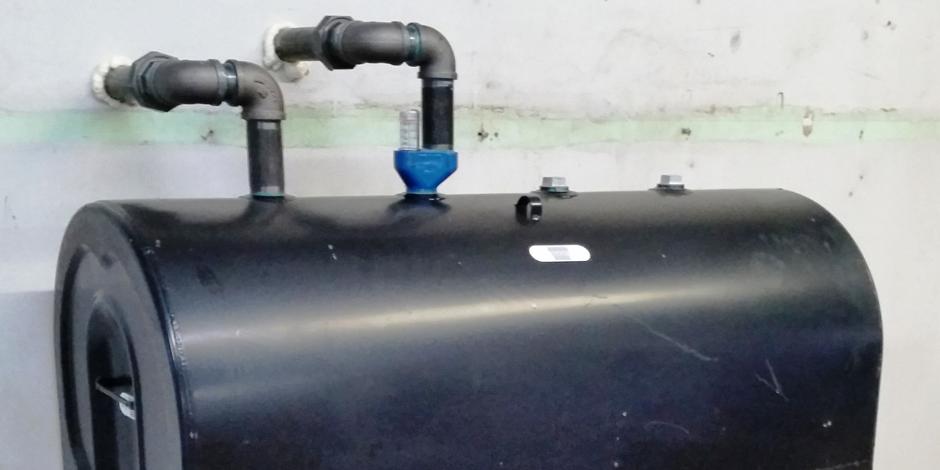
Even though we've been reminding everyone about Vermont's new rules for above ground oil tanks since last summer, we know there's still a lot of confusion about what it all means.
Basically, the regulations now require that all above ground heating oil and kerosene tanks be inspected every three years to ensure they are in safe operating condition. The key compliance questions we seek to answer during these inspections are:
• Is the tank itself in good shape? (There are no leaks, drips, pitting, rust, dents, cracks or corrosion)
• Is the tank on a stable foundation?
• If the fuel line between the tank and the burner is below grade, is the fuel line either plastic coated copper or sleeved?
• Does the tank have a working vent alarm?
• Does the fill pipe and vent pipe have a minimum diameter of 1-1/4 inch?
If the answer is “NO” to any of these questions, then repair or replacement may be needed to continue to use the tank.
If a repair or replacement is required to bring your tank into compliance, the Energy Co-op will come up with a plan that will get the job done right and stay within your budget. If you're worried about the cost, the state sometimes has grants available to cover the tank replacement costs for those on a limited income.
The goal of Vermont's Underground Storage Tank (UST) program is to protect human health and the environment by preventing releases of liquid petroleum and hazardous substances from storage tank systems. If your oil tank leaks, it can threaten groundwater resources on your property and, in a worst-case scenario, cause explosive vapors to seep into your home. The Energy Co-op is here to help ensure none of these things happen to our members and customers.
Replacing an oil tank in your basement can be a tricky business, but the safety of your family and the environment depends on keeping your tank in good shape. Questions? Just call the Energy Co-op for a free consultation.
